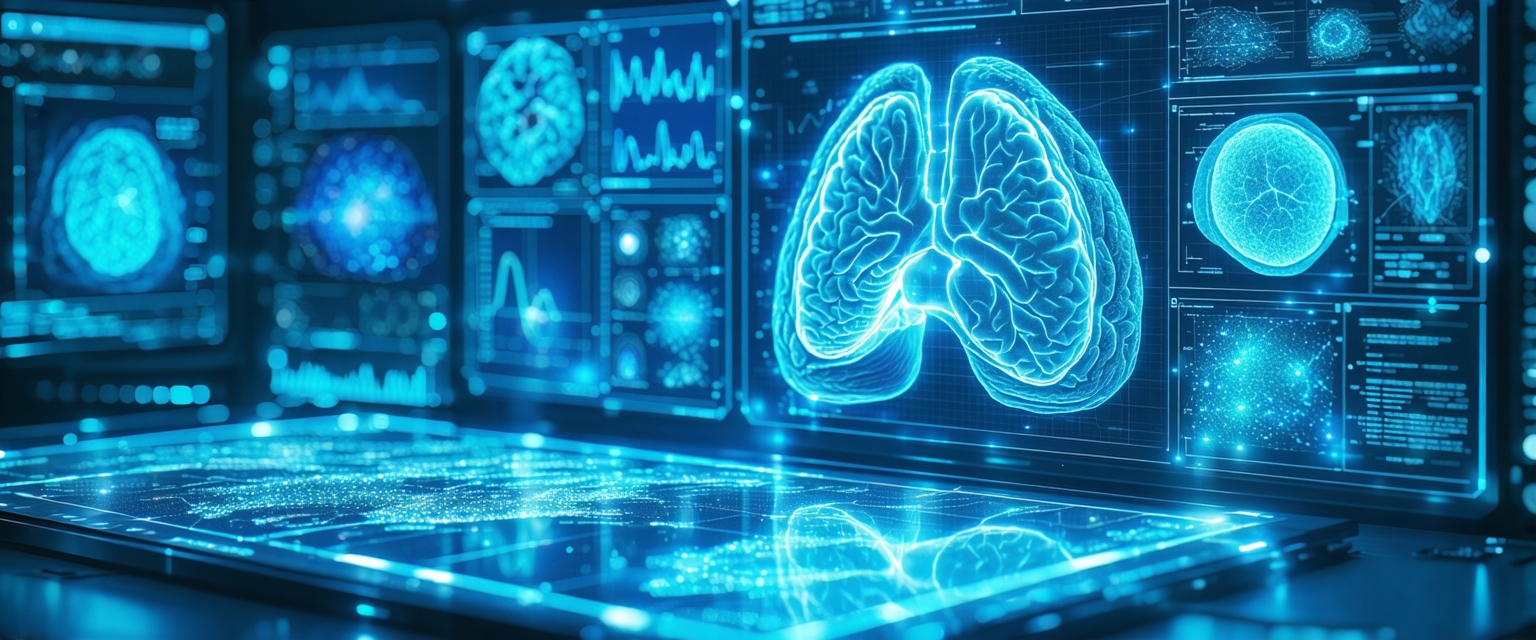






The field of data science continues to evolve rapidly, with recent advancements significantly impacting various sectors. This report focuses on the latest breakthroughs in artificial intelligence (AI) and their application in medical diagnosis.
AI-powered diagnostic tools have been steadily improving, leveraging machine learning algorithms to analyze medical images and patient data. Early applications primarily focused on identifying patterns in simple datasets. However, recent advances in deep learning and access to larger, more diverse datasets have greatly expanded their capabilities.
Researchers at Stanford University recently unveiled a new AI model capable of diagnosing various types of cancers with accuracy exceeding that of human experts in certain cases. This model uses a novel convolutional neural network architecture combined with advanced data augmentation techniques to achieve unprecedented performance. Furthermore, progress is being made in AI’s ability to analyze patient history and genetic data, improving the accuracy of predictive models for disease risk assessment.
These advancements hold the potential to revolutionize healthcare delivery. Early and accurate diagnosis is crucial for effective treatment, and AI offers the potential to significantly improve diagnostic accuracy and efficiency, leading to better patient outcomes and reduced healthcare costs. Increased accessibility to AI-driven diagnostic tools could also benefit underserved populations with limited access to specialists.
Future research will focus on addressing challenges such as data bias, model explainability, and regulatory approval. Ensuring the ethical use of AI in healthcare is crucial, necessitating robust validation and testing procedures. Ongoing research aims to create more robust and reliable AI models capable of handling complex medical cases and diverse patient populations.